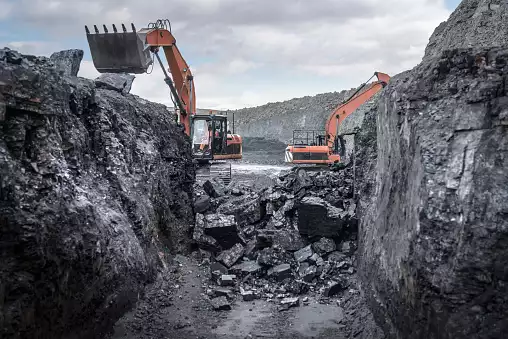India–US Trade Tensions Rise Over Steel and Auto Tariffs NMDC Limited reports a 38% drop in Q4 FY24 consolidated net profit RINL to Raise $23 Million Through Land Sales Amid Crisis

The commerce and industry ministry said the government has discussed negotiating a dedicated chapter on critical minerals or critical minerals-brd agreements with mineral-rich countries to protect India from abrupt supply chain disruptions, drafting standard operating procedures (SOP) for free trade agreements, and creating institutional memory for future negotiations.
India's Free Trade Agreement strategy and SOP for trade negotiations were discussed at a Chintan Shivir. The ministry also addressed the difficulty of formulating agreements in real-time during trade deal discussions.
“Participants discussed the challenge of on-the-spot drafting requiring mechanisms to draft agreements in real-time during negotiations to ensure clarity and immediate consensus, and how the negotiators can ensure that commitments undertaken are pre-approved,” the ministry said.
The report stated that the key topics for discussion were economic assessment and modelling of free trade agreements (FTAs), addressing new disciplines into FTAs like labour, environment, gender, and Indigenous people, as well as services and digital trade in FTAs.
The SOP for FTA negotiations, including stakeholder consultations, capacity building, FTA resource management, and leveraging trade pacts to address emerging areas such as carbon border adjustment mechanisms, supply chain disruptions, and artificial intelligence, was also discussed.
It said that participants in the economic assessment session highlighted the need for detailed economic studies, including models like computable general equilibrium, to guide FTA negotiations. The participants also discussed the need for careful consideration of trade and industrial policies together.
On the digital trade issue, the experts and officials discussed the challenges of data sovereignty, consumer protection and cybersecurity. The session also explored India's data adequacy issues under the European Union General Data Protection Regulation) and the significant challenges posed by the evolving landscape of e-commerce and digital trade.
Also Read : Government initiatives aim to enhance copper production in India PM to lay Foundation Stone of 300 MW Barsingsar Solar Power Plant with investment of over ₹ 1756 Cr